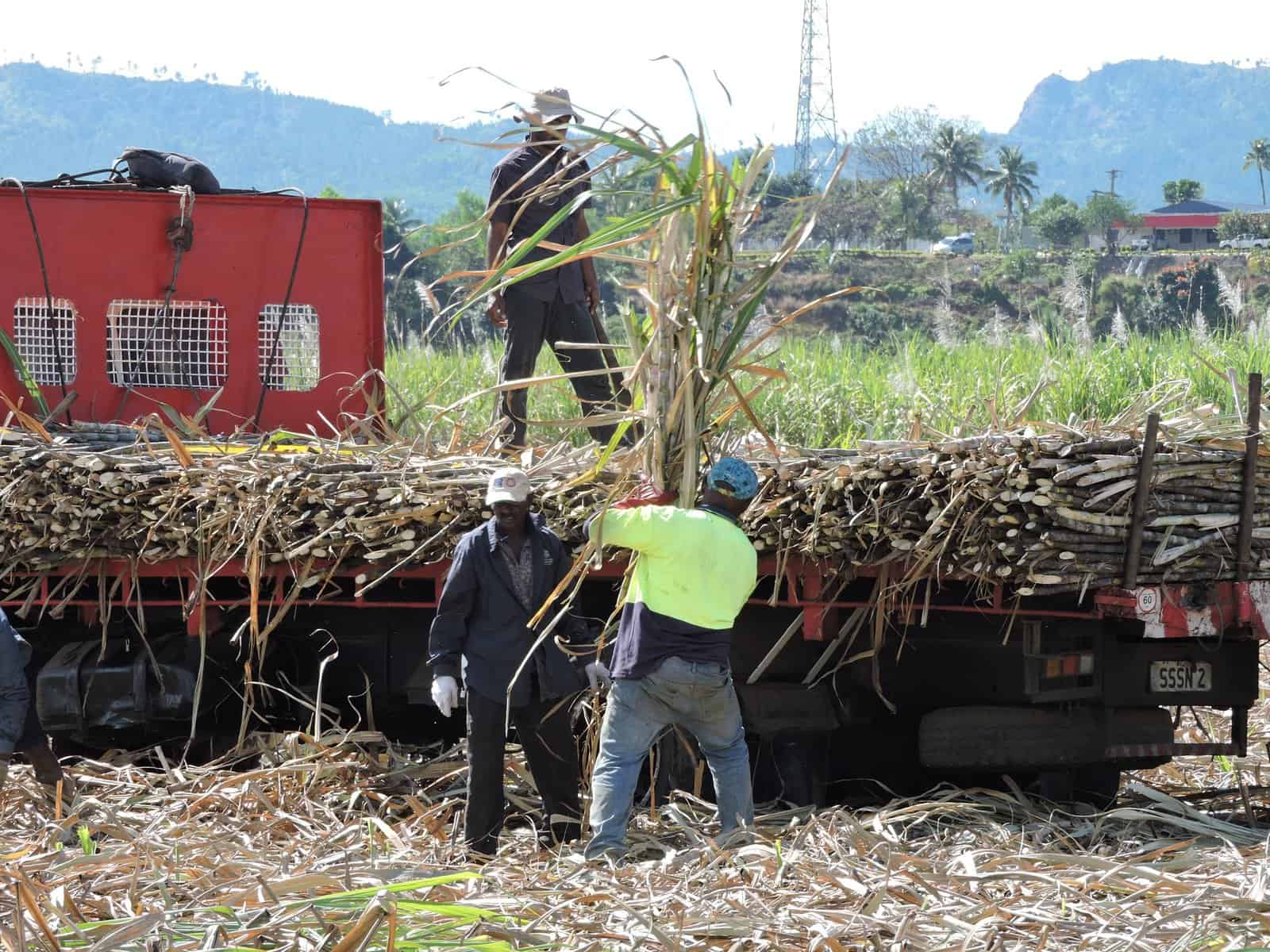The Fiji Sugar Corporation (FSC) reported improved financial results for the year ending May 31, 2024, with higher revenue and profitability despite challenges, including a decline in cane production.
The FSC says there was a 15% decline in cane production, mainly due to adverse weather conditions. Yet it achieved a 12% increase in sales revenue and a 10% increase in its share of proceeds.
This positive performance was bolstered by enhanced operational efficiencies and rigorous cost-control measures, the FSC says.
In his remarks, Nitya Reddy, Chairman of FSC, acknowledged the deep – rooted challenges facing the industry but also emphasised the corporation’s determination to reverse years of neglect and mismanagement.
“It is no secret that the industry, in general, and FSC in particular, have been beset by some of the most serious problems in its 150-year-old history, the genesis of which is the spectacularly visionless management and oversight of the last 20 years. It is facing an existential crisis of the magnitude never seen before.
“Unsustainably low cane production, declining sugar output and revenues, crippling inefficiencies, and dilapidated mill infrastructure caused by adequate preventative maintenance and capital investments have all conspired to create this current crisis,” he continued.
“The current seriously run-down state of our mills is not a creation of today or yesterday. It is the cumulative result of decades of systemic neglect, grossly inadequate maintenance, reckless, ill-considered wasteful misinvestments, and a pervasive culture of seriously disengaged oversight by those in authority,” Reddy stated.
But he also highlighted the Corporation’s efforts to restore confidence and improve performance at all levels.
“We are firmly focused on restoring our manufacturing efficiencies, supported by a vigorous campaign to increase cane production improvements in transport, harvesting and farm mechanisation logistics.”
Reddy also addressed concerns about the burnt cane issue and the need for stricter quality standards.
“We believe that the time has come when we must migrate to a fairer protocol of payment based on sugar quality rather than on weight,” Reddy explained
The Corporation’s revenue rose by 12% to FJ$235.2 million, driven by higher sales and prices. This marks FSC’s highest revenue in 18 years, underscoring the sugar industry’s significance to Fiji’s economy.
Key financial highlights include:
- FSC’s share of proceeds increased to $71.15 million, up from $64.25 million in the previous year.
- Trading profit rose to $13.13 million, compared to $7.45 million in 2023.
- Profit from operations was $2.51 million, reversing a loss of $4.98 million the previous year.
- Earnings before Interest, Tax, Depreciation, and Amortization (EBITDA) stood at $24.97 million, up from $17.87 million.
- Operating loss narrowed to $4.24 million from $23.0 million in the previous year.
- FSC invested $10.05 million in property, plant, and equipment, compared to $6.94 million last year.
FSC reiterated its commitment to strengthening operations through strategic reforms focused on crop revitalisation, mill upgrades, and new market opportunities.
Reddy called for greater accountability across the industry, stressing that every sector must take responsibility for its efficiency and outcomes rather than rely solely on FSC.
“We recognise the challenges we continue to face, but we are determined to overcome them. By exploring new market opportunities and strengthening our partnerships, we can position FSC for long-term success,” he concluded.
